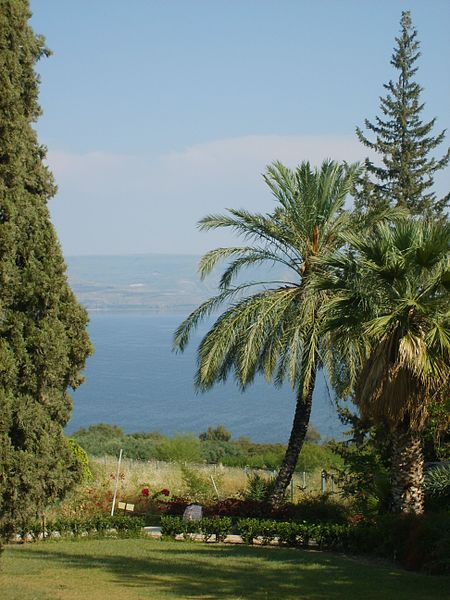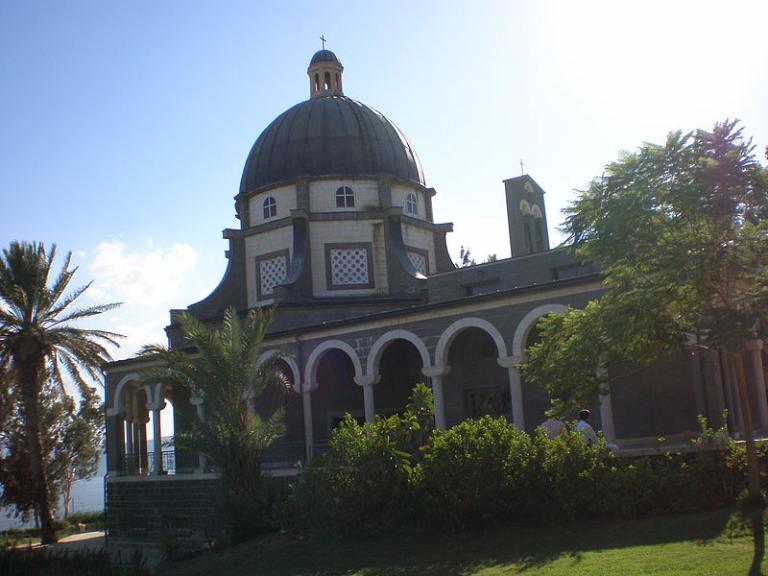
Compare Mark 13:31; Luke 16:16-17
There are those, particularly among Evangelical Protestants, who sometimes seem (to me, at least) to come perilously close to teaching an antinomian view of Jesus — one for which (or for whom) rules of conduct are, in a sense, irrelevant.
Today’s reading provides little support for such a view. Which may be one reason why Martin Luther is reputed, amazingly, to have referred to the Sermon on the Mount as des Teufels Meisterstück (“the Devil’s masterpiece”). It can certainly be understood as clashing sharply with his notion of sola fidei (“faith alone”) or salvation by grace alone.
“Unless your righteousness exceeds that of the scribes and Pharisees,” says Jesus in this famous sermon, “you will never enter the kingdom of heaven.”
I can imagine someone responding that Jesus intended that statement ironically, suggesting that, since the Pharisees in particular were the most righteous of the righteous, it will never be possible for our righteousness to exceed theirs. Thus, we need God’s grace.
Well, we obviously need divine grace. I’m not questioning that. But there’s nothing in this passage to suggest that Jesus was speaking ironically. Nor do his frequent criticisms of the “scribes and Pharisees,” which are on evidence at many points in the New Testament gospels, make it easy to maintain that he actually admitted the righteousness of these two groups. He really, genuinely, seriously seems to have wanted his own disciples to be better than the Pharisees and the “scribes.” And he plainly appears to have believed that righteous behavior is required for salvation. In its absence, he says, “you will never enter the kingdom of heaven.”
A theologian who was bent on trying to build a case for salvation by grace alone, without works, and who was limited for that task to the actual teachings of Jesus himself as recorded in the four gospels, would have a very difficult time of it. Which is putting the challenge mildly.
***

(Wikimedia Commons public domain image.)
Compare Mark 11:25 and Luke 12:57-59
Just a quick note on this very familiar passage:
I think it significant that Jesus doesn’t cite authorities. He is authority. He needn’t borrow it from anybody else, as we do. He doesn’t reason or argue, either; he simply declares.
“You have heard that it was said to the men of old . . . But I say to you . . . ”
Likewise, when he performs miracles or prays, he doesn’t do so in anybody else’s name. He doesn’t have to.











